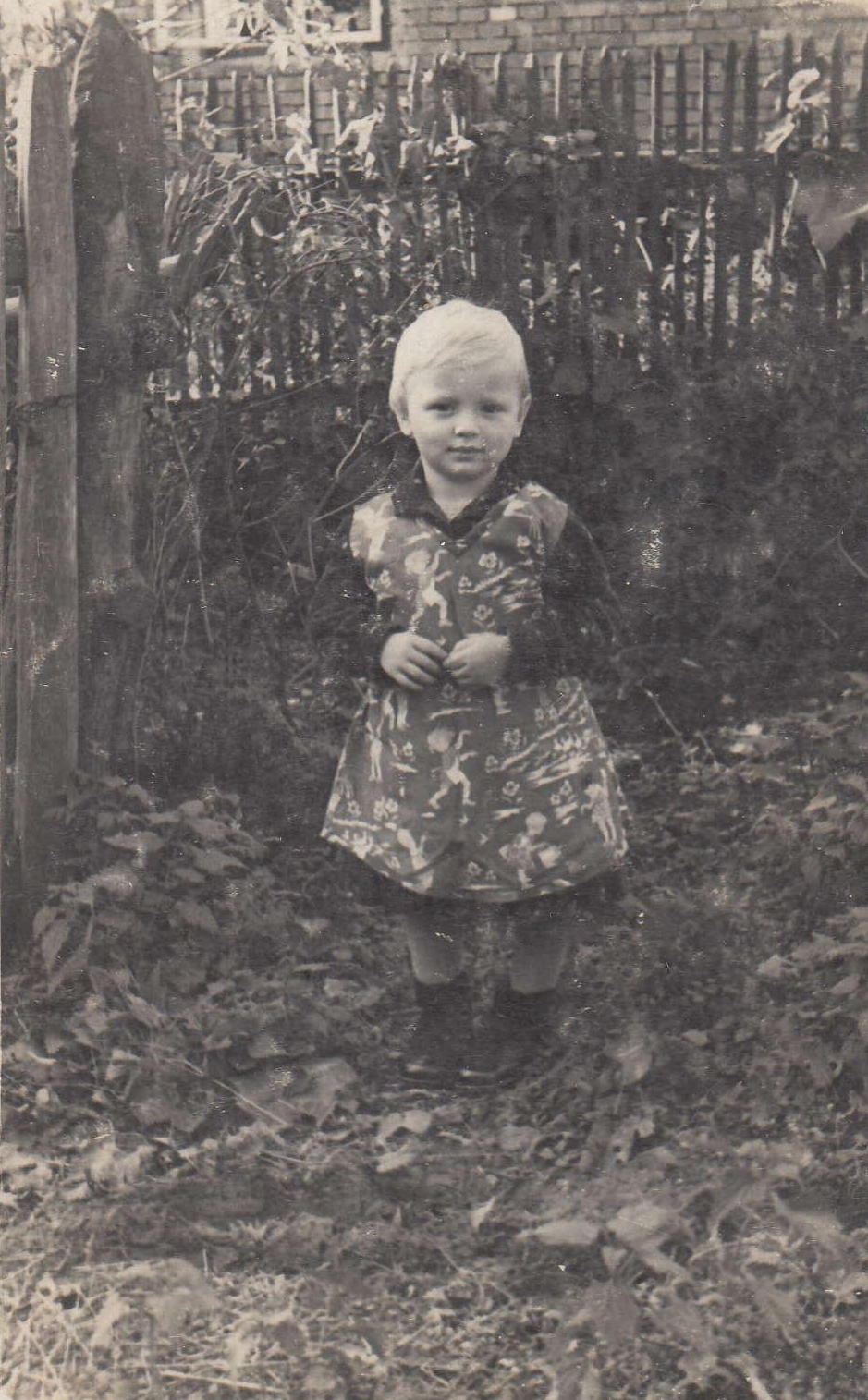Being an honest person, nothing more

Stáhnout obrázek
Ludmila Hochmanová was born on April 9, 1932 as the first of four children of František and Ludmila Řehák in the village Raková near Vizovice. The family was very poor, they lived on a modest farm. Her father fell down from the attic as a child and could not find a good job all his life because of his physical handicap. Her mom applied for a job at Baťa, but was not accepted. During the Second World War, a Hungarian soldier was housed with the Řehák family, and the witness also remembers fake partisans who robbed a shop and a tobacco shop in the village and murdered the innkeeper Ošker. After finishing elementary school, Ludmila Hochmanová could not continue her studies, the family could not afford it. Her siblings went to school, the witness as the eldest helped to provide for the family. At first she worked for her mother‘s cousin, later she worked as a knocker in Svit Zlín, where she met young communists and joined the Czechoslovak Youth Union (ČSM). She saw hope for a better life in the incoming regime. When she received an offer to work at the tractor station in Kvítkovice near Otrokovice, she accepted it and soon became the worker with the largest number of plowed hectares. As a reward, she was sent to III. world festival of youth and students to Berlin. In 1950, she joined the Communist Party. She met her husband Jaroslav Hochman, also a communist, in 1952. At first they lived together in Osek near Rokycan, after some time they moved to Moravia. From 1959 they lived in Hulín, where she worked as a worker at TOS Hulín until her retirement in 1983. Ludmila Hochmanová remained loyal to the Communist Party.







